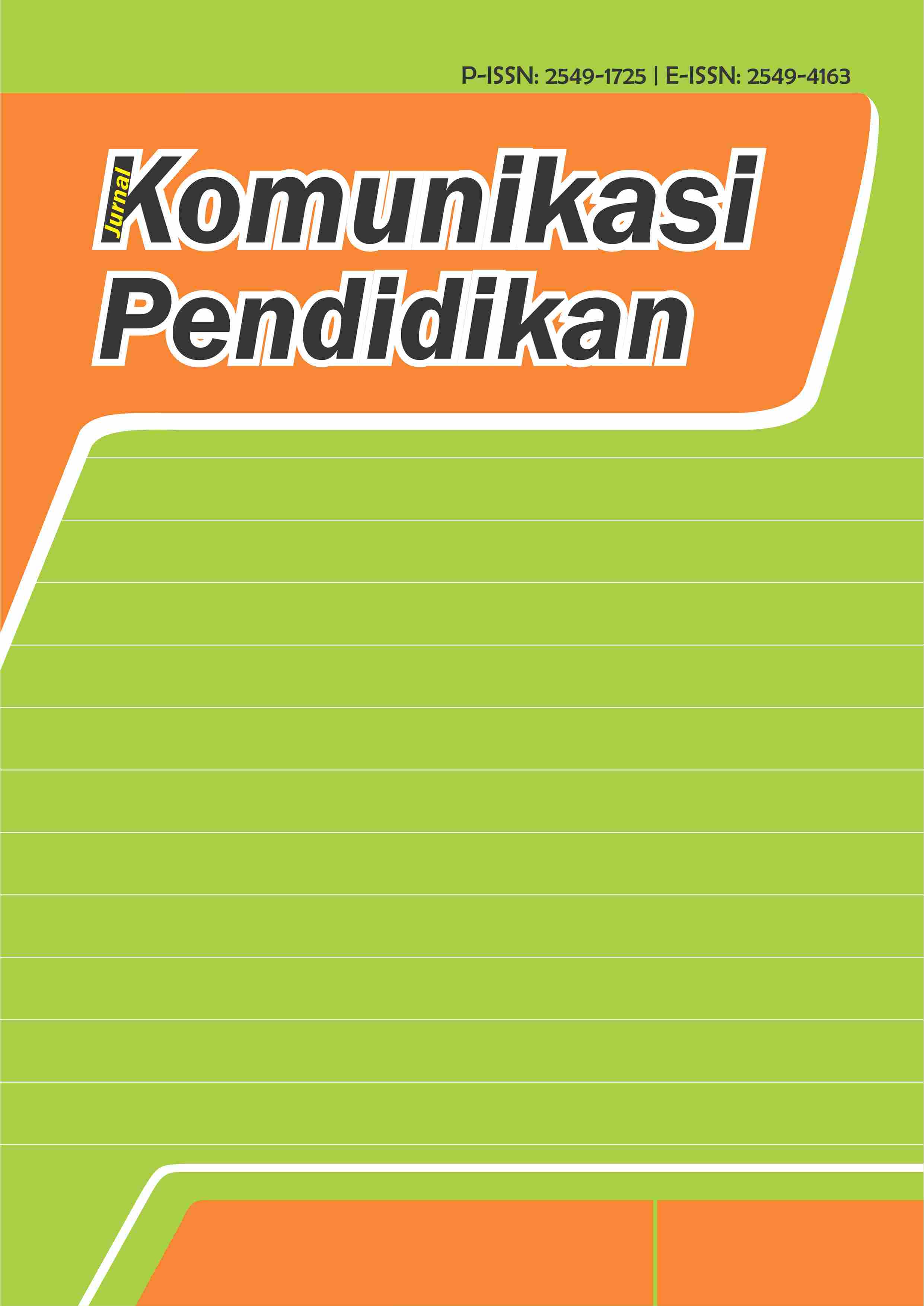Analysis of Students' Ability to Read the Qur'an Based on Their Learning Environment Support
DOI:
https://doi.org/10.32585/jurnalkomdik.v9i2.6797Keywords:
Students' Ability, Qur'an, Learning Environment SupportAbstract
This study aims to analyze the ability of students at SMPN 7 Cempaga to read the Qur'an. Using a descriptive qualitative approach, data was collected through observation, in-depth interviews, and documentation of 10 seventh-grade students, Islamic Education teachers, the Deputy Head of Student Affairs, and the Principal. The results of the study indicate that the absence of a program to encourage Quran reading at school, limited time for religious education, and a lack of support and guidance from parents are the main factors contributing to the students' low ability to read the Quran. Additionally, limited facilities such as the availability of Quran manuscripts at home and an unsupportive social environment further exacerbate the situation. These findings emphasize the need for collaboration between schools, families, and the community in fostering sustainable Quran reading habits, through the implementation of special programs at school, enhancing parental involvement, and providing adequate learning facilities. With collective efforts, it is hoped that students' Quran reading skills will develop optimally and support character development and the quality of religious education at SMPN 7 Cempaga.
Downloads
Downloads
Published
How to Cite
Issue
Section
License
Copyright (c) 2025 Muhammad Rizqi, Zainap Hartati, Abdullah

This work is licensed under a Creative Commons Attribution-ShareAlike 4.0 International License.
Authors who publish with the Jurnal Komunikasi Pendidikan agree to the following terms:
- Authors retain copyright and grant the journal the right of first publication with the work simultaneously licensed under a Creative Commons Attribution License (CC BY-SA 4.0) that allows others to share the work with an acknowledgment of the work's authorship and initial publication in this journal.
- Authors are able to enter into separate, additional contractual arrangements for the non-exclusive distribution of the journal's published version of the work (e.g., post it to an institutional repository or publish it in a book), with an acknowledgment of its initial publication in this journal.
- Authors are permitted and encouraged to post their work online (e.g., in institutional repositories or on their website) prior to and during the submission process, as it can lead to productive exchanges, as well as earlier and greater citation of published work.





